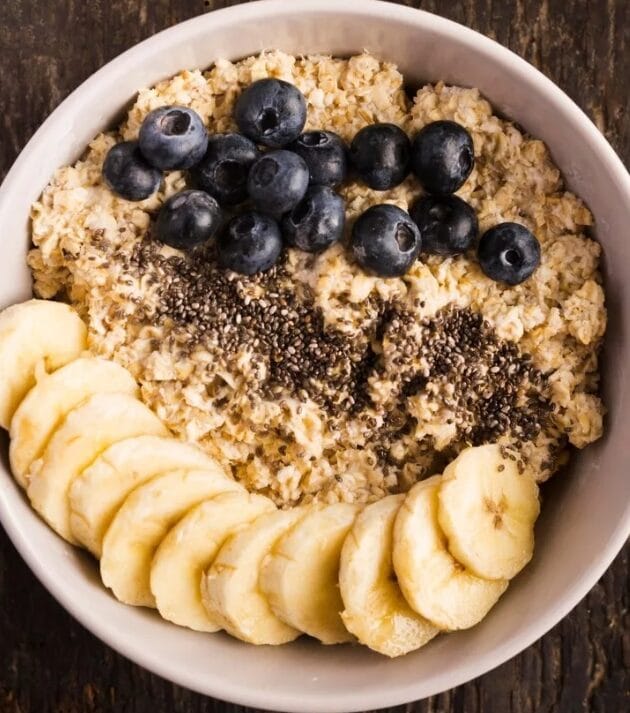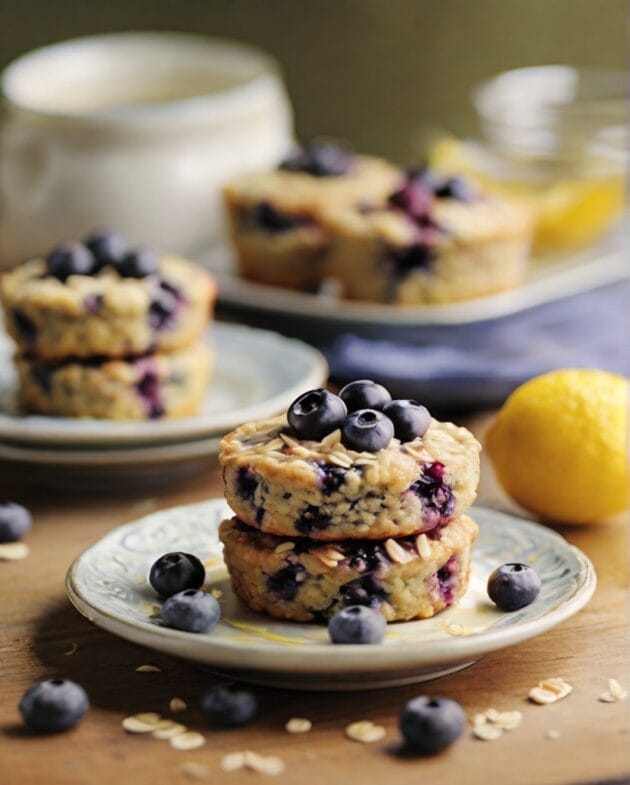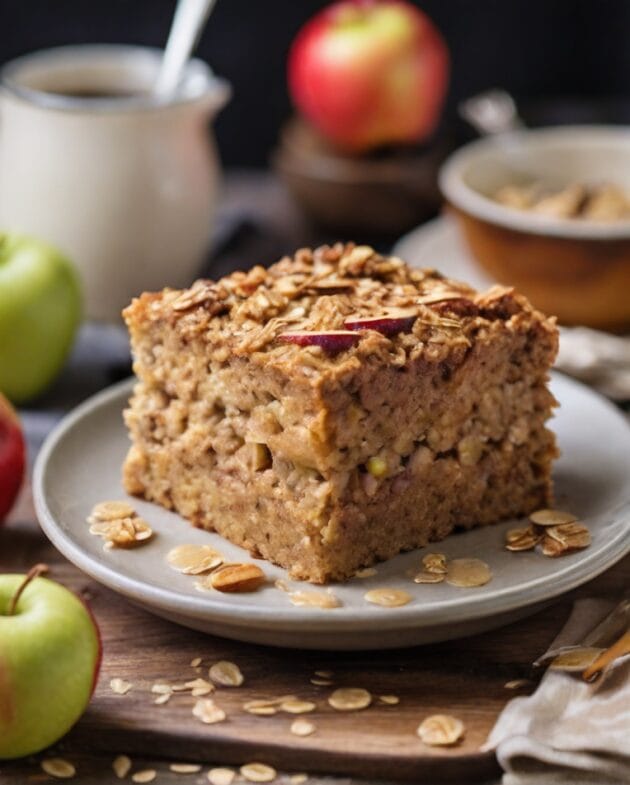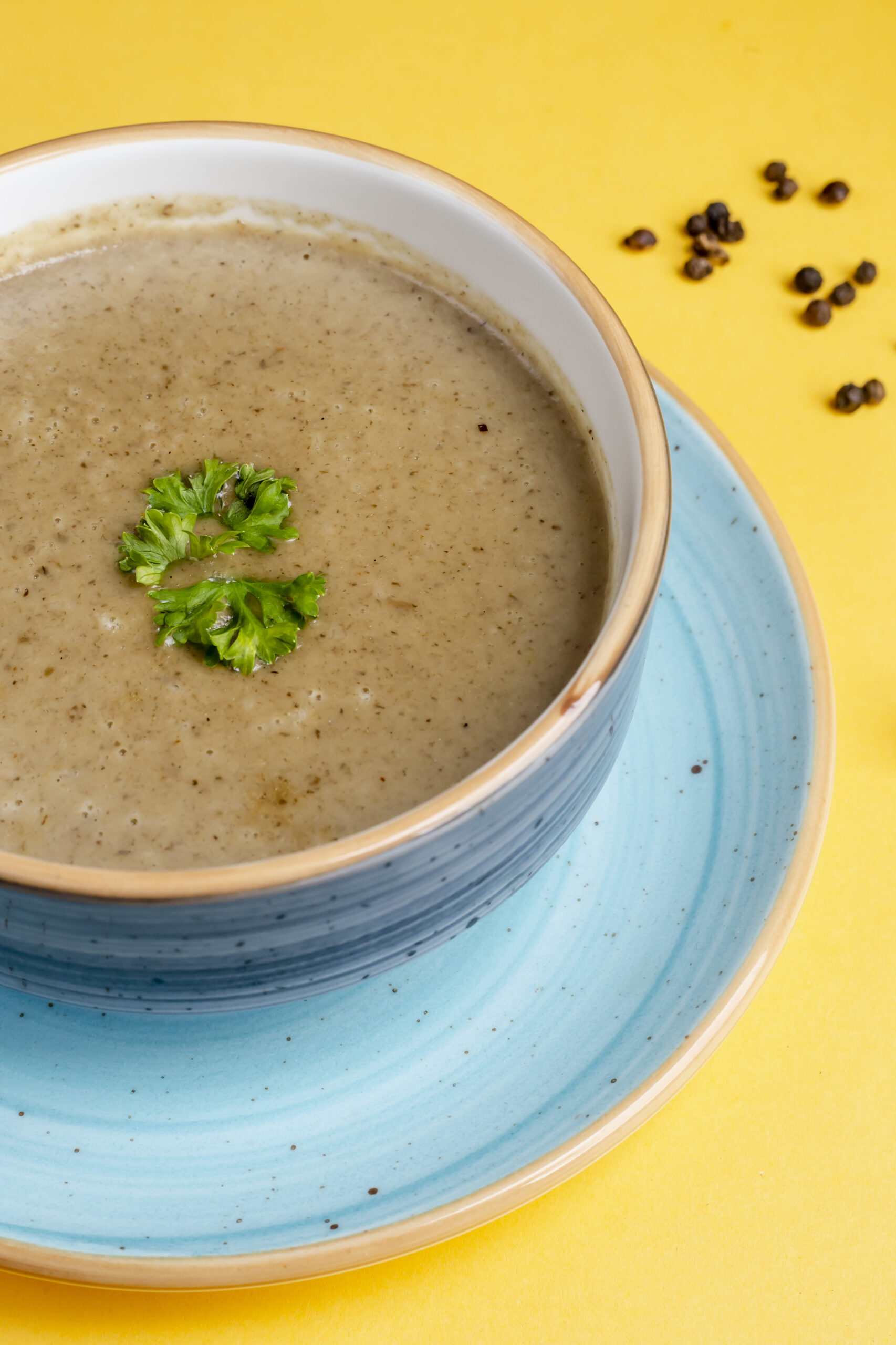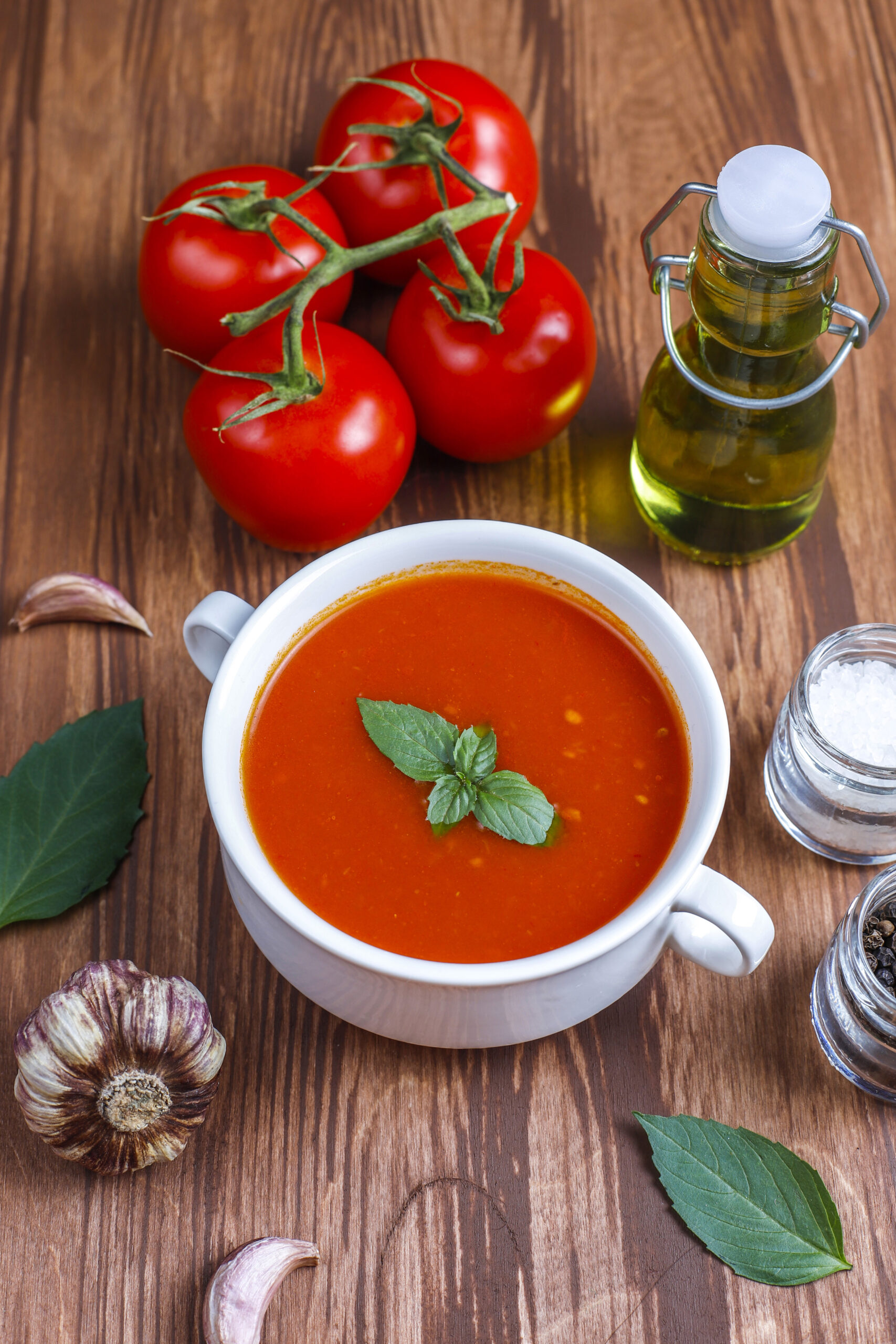Oatmeal Nutrition: A Dietitian’s Guide with Delicious Recipes
- by Anusha Danthanarayana
- June 2, 2025
- 0
- 5 Min Read
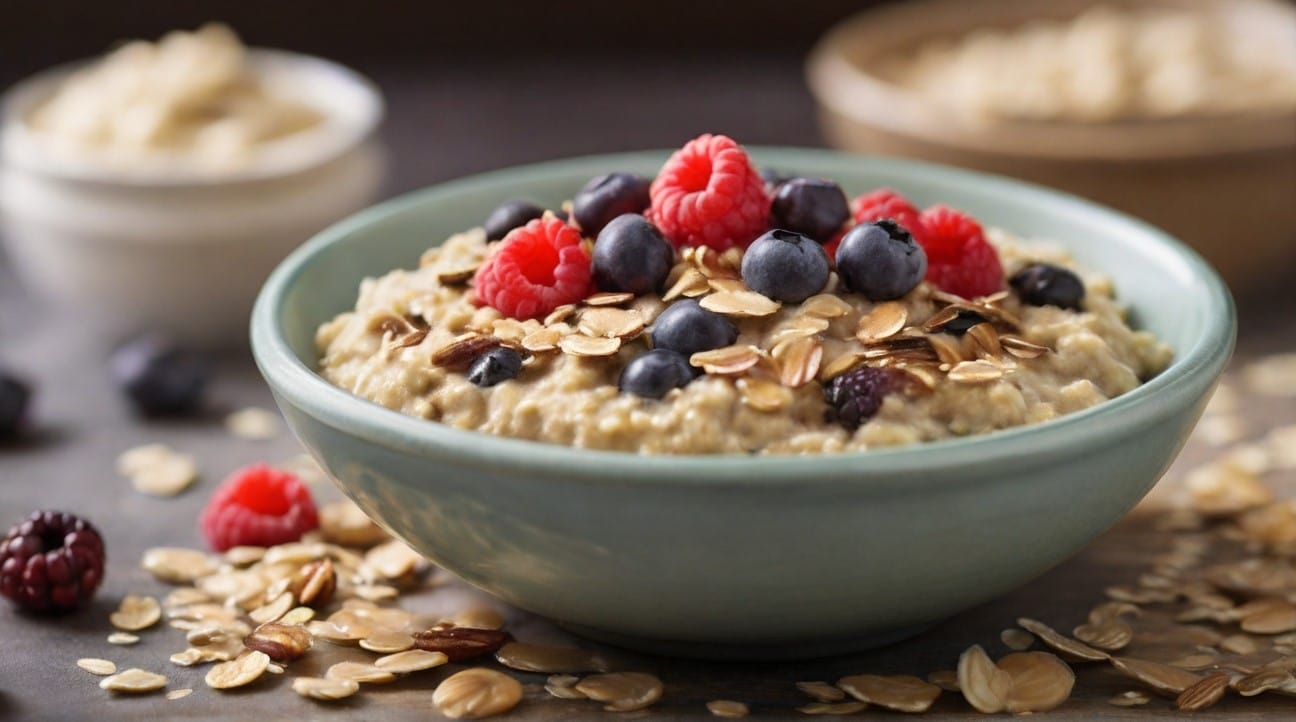
Oatmeal nutrition is one of the most talked-about subjects in the world of healthy eating—and for good reason. As a registered dietitian, I always recommend oatmeal as a powerful staple in any balanced diet. It’s packed with dietary fiber, essential minerals like magnesium and iron, and heart-healthy compounds that support long-term wellness. Whether you’re managing weight, boosting energy, or improving digestion, understanding oatmeal nutrition can help you make smarter food choices every day.
In this comprehensive guide, I’ll walk you through the core benefits of oatmeal, from its ability to regulate blood sugar levels to its positive impact on heart health. You’ll also find practical tips for choosing the right type of oats and maximizing nutritional value in your meals. Plus, I’m sharing some of my favorite oatmeal recipes that are not only easy to make but also packed with the nutrients your body needs. If you’re ready to explore the real value of oatmeal nutrition and get inspired in the kitchen, you’re in the right place.
What Is Oatmeal?
Oatmeal is a warm, comforting porridge made by cooking oats—whole grain kernels known as oat groats—in water or milk. These groats are processed into a variety of forms, including rolled oats, steel-cut oats, and instant oats, each offering unique textures and cooking times.
Why Oatmeal Deserves a Spot in Your Diet
Oatmeal stands out as a go-to meal for many good reasons:
- Comforting, cozy, and delicious
- Quick and easy to prepare with endless flavor options
- Perfect for meal prep and weekly breakfast planning
- Packed with fiber, protein, and vital nutrients
Oatmeal Nutrition: A Closer Look
Oats are a nutrient-dense whole grain and an excellent source of complex carbohydrates. One of their standout components is beta-glucan, a type of soluble fiber that accounts for around 11% of oatmeal’s total composition. This unique fiber delivers several health benefits:
- Slows digestion, increasing satiety and supporting weight control
- Helps lower LDL and total cholesterol levels
- Stabilizes blood sugar by reducing glucose absorption
- Promotes gut health by supporting beneficial bacteria
Key Micronutrients in Oatmeal (per serving)
- Manganese – 191% Daily Value
- Phosphorus – 41%
- Magnesium – 34%
- Copper – 24%
- Iron – 20%
- Zinc – 20%
In addition, oatmeal offers approximately 6 grams of plant-based protein per half-cup serving, along with antioxidants like avenanthramides, compounds unique to oats with anti-inflammatory and heart-protective properties.
Comparing Types of Oats
Understanding the differences between oat types can help you choose the best one for your needs and recipes:
Rolled Oats (Old-Fashioned Oats)
- Steamed and rolled flat
- Cook quickly and absorb liquids well
- Versatile for baked goods, overnight oats, and granola
Steel-Cut Oats
- Minimally processed—just chopped oat groats
- Dense, chewy texture
- Take longer to cook but are ideal for hearty breakfasts
Quick or Instant Oats
- Pre-cooked and pressed thinner for fast cooking
- Soft texture when prepared
- Convenient for busy mornings with minimal prep
Despite differences in processing, all oat types retain their core nutrients and fiber content.
Health Benefits of Eating Oats
1. Weight Management
The fiber in oats helps you feel full for longer, potentially reducing calorie intake throughout the day and supporting healthy weight loss goals.
2. Blood Sugar Regulation
Oats’ soluble fiber slows glucose absorption, which can help prevent spikes in blood sugar—beneficial for people managing diabetes or insulin resistance.
3. Heart Health
Regular oat consumption is linked to lower cholesterol levels, particularly LDL (“bad”) cholesterol, which reduces the risk of cardiovascular disease.
4. Natural Energy and Healthy Fats
Oats contain beneficial unsaturated fats and are a steady source of energy, making them great for fueling your day or pre-workout meals.
Creative Ways to Add Oats to Your Diet
Oats go far beyond breakfast bowls. You can use them in:
- Baked goods like flapjacks, bars, and muffins
- Smoothies for added texture and nutrition
- Savory recipes like oat-crusted chicken or veggie burgers
- Oat flour for gluten-free baking
- Oat bran for added fiber and heart-healthy nutrients
Delicious and Nutritious Oat-Based Recipes
Try these easy and flavorful oat recipes to boost your nutrition:
- Butterscotch-Oat Squares – A chewy, naturally sweet treat
- Lemon-Blueberry Oatmeal Cakes – Perfect for breakfast or dessert
- Protein Powder Oatmeal – A high-protein start to your day
- Banana Oat Bars – Great for snacks or on-the-go breakfasts
- Chocolate Protein Balls – Energy-boosting bites with wholesome ingredients
Final Thoughts
Oatmeal is more than just a breakfast staple—it’s a powerhouse of nutrition, convenience, and flavor. As a registered dietitian, I recommend incorporating oats into your diet for their cholesterol-lowering fiber, plant-based protein, abundance of key minerals, and versatile recipe potential.
Whether you’re seeking heart health, weight management, or simply a delicious meal, oats are an excellent choice for your plate—and your health.
Want to explore even more oat-based inspiration? Start experimenting with different oat types and recipes today to find your favorites!

